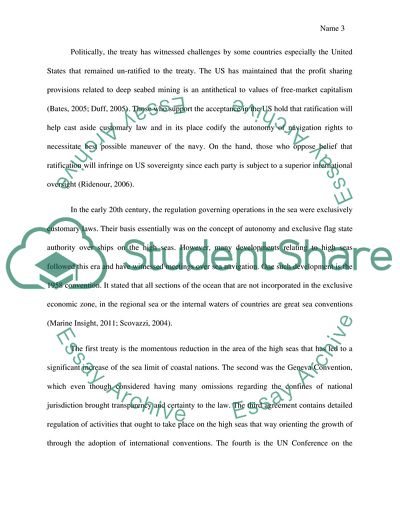Cite this document
(Maritime Law Essay Example | Topics and Well Written Essays - 2000 words, n.d.)
Maritime Law Essay Example | Topics and Well Written Essays - 2000 words. Retrieved from https://studentshare.org/law/1841217-maritime-law
Maritime Law Essay Example | Topics and Well Written Essays - 2000 words. Retrieved from https://studentshare.org/law/1841217-maritime-law
(Maritime Law Essay Example | Topics and Well Written Essays - 2000 Words)
Maritime Law Essay Example | Topics and Well Written Essays - 2000 Words. https://studentshare.org/law/1841217-maritime-law.
Maritime Law Essay Example | Topics and Well Written Essays - 2000 Words. https://studentshare.org/law/1841217-maritime-law.
“Maritime Law Essay Example | Topics and Well Written Essays - 2000 Words”. https://studentshare.org/law/1841217-maritime-law.


